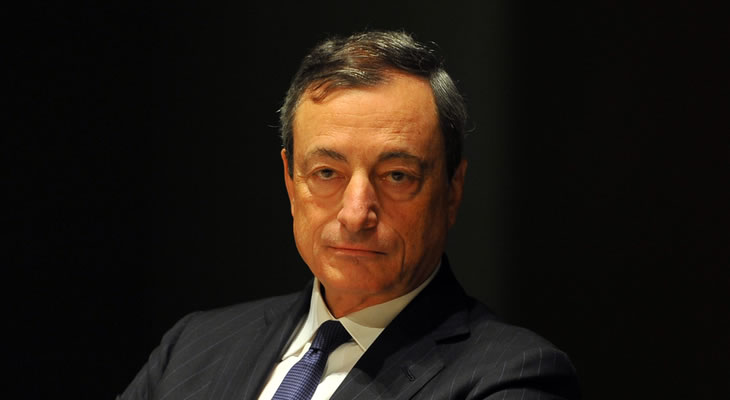At the end of last week, it might have been tempting to say that the Bank of England (BoE) was likely to be the next major central bank to make positive adjustments to its monetary policy.
Several policymakers, including the notably pessimistic Andy Haldane, were suggesting that rates might need to be increased.
BoE Governor Mark Carney even admitted some policy adjustment could be necessary – data depending, of course.
While Ben Broadbent showed last Wednesday that the balance of power still lay with those in favour of supporting an interest rate freeze, Ian McCafferty threw an additional spanner into the works by questioning the necessity of quantitative easing.
Arguing that other central banks were beginning to look at their asset purchases or balance sheets, McCafferty claimed the BoE should revisit its rule that QE must continue until interest rates are back in the region of 2%.
Therefore, the next monetary policy committee (MPC) meeting is likely to throw up a few surprises – but will the BoE still be more likely to tighten policy than the European Central Bank (ECB)?
Weak Inflation Data Softens GBP EUR Forecasts after Denting Hopes of Bank of England Rate Hike
Yesterday’s UK consumer price index figures showed that inflation had unexpectedly slowed during June.
Overall price growth weakened from 2.9% to 2.6%, while core price growth slowed from 2.6% to 2.4%.
This has hammered the monetary policy outlook; if the doves on the MPC weren’t convinced that inflation at a rate of 2.9% was sufficient to justify raising borrowing costs, they aren’t going to budge now, even if core inflation is still 0.4% above target.
What makes the inflation data even more disappointing is that it remains strong enough to pressure consumer spending and lower real wages (pay growth minus the rate of inflation), so unless prices weaken further, this result isn’t positive whichever way markets look at it.
The latest retail sales figures (released July 20th) have failed to improve the mood regarding the UK economy, despite beating forecasts.
European Central Bank Meeting Tomorrow; GBP EUR to Fall if Draghi Stamps out Hopes of Taper Talk
Markets are – as is traditional – not expecting a change to interest rates tomorrow, with the benchmark rate predicted to remain at 0.00% and the deposit rate at -0.4%.
However, investors do want to hear that the ECB has discussed tapering the pace of asset purchases under the quantitative easing programme, which currently run to €60 billion per month.
This has been the case for the past several policy meetings, with investors disappointed each time by the revelation that quantitative easing wasn’t even discussed.
It is not expected that the ECB will make any decisions on the matter at this meeting, but with belief that the Governing Council will make an announcement on quantitative easing in either September or October, we could see the first hints of change from this week’s meeting.
Standard Life money manager Jack Kelly agrees with the consensus that the ECB is likely to act later this year;
‘The political risks are in remission, the growth numbers and particularly confidence data are positive. It seems unrealistic that the ECB won’t use this is an opportunity to re-calibrate and take policy off emergency levels.’
If the Governing Council signals tomorrow that its latest discussions have finally touched upon the topic of QE, the GBP EUR exchange rate is likely to take a knock in the medium-term; a knock that it could take until August’s Bank of England policy meeting to get over.


Comments are closed.